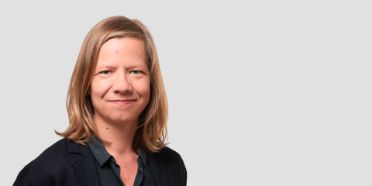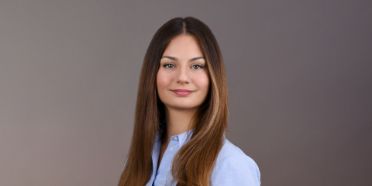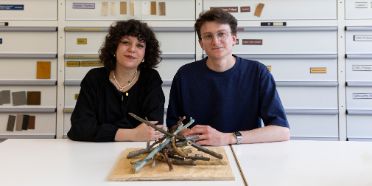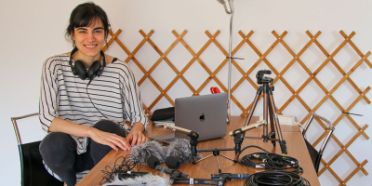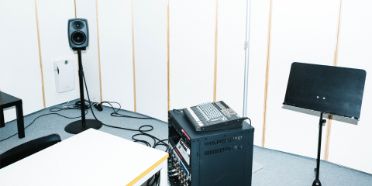Lukas Bärfuss, Lecturer, Y Institute / MA CAP, Literature
Lilian Beidler, Lecturer in Sound Arts
Renate Buser, Lecturer in Fine Arts
Raphaël Cuomo, Lecturer in Fine Arts
Cathy van Eck, Lecturer in Sound Arts
Ellen Fellmann, Lecturer in Sound Arts
Maria Iorio, Lecturer in Fine Arts
Tine Melzer, Lecturer in Fine Arts
Markus Müller, Lecturer in Fine Arts
Benoît Piccand, Lecturer in Sound Arts
Cedric Spindler, Lecturer in Sound Arts
Annaïk Lou Pitteloud, Lecturer in Fine Arts
Sadie Plant, Lecturer in Theory / Fine Arts
Robin Meier, Lecturer in Sound Arts
Mélanie Gobet, Lecturer in Performance Art
Valerian Maly, Lecturer in Performance Art
Lara Stanic, Lecturer in Performance Art
Michael Harenberg, Lecturer in Sound Arts
Auswahl von Mentor*innen + Gästen der Literatur
Hartmut Abendschein, Nurith Aviv, Jean-Christophe Bailly, Vincent Barras, Alain Berset, Stephane Blok, Camille Bloomfield, Ulrich Blumenbach, Sam Bourcier, Kate Briggs, Vincent Broqua, Barbara Cassin, Eric Chauvier, Mona Chollet, Cléa Chopard, Claro, Odile Cornuz, Yla von Dach, Jacques Demierre, Patrick Deville, Franz Dodel, Martin Doll, Regina Dürig, Urs Engeler, Pierre Fankhauser, Heike Fiedler, Roland Fischer, Eleonore Frey, Zsuzsanna Gahse, Baptiste Gaillard, Nathalie Garbely, Ariane von Graffenried, Claudia Hamm, Célia Houdart, Annette Hug, Rohit Jain, Kim de l'Horizon, Birgit Kempker, Friederike Kretzen, Jean-René Lassalle, Michel Layaz, Lou Lepori, Camille Luscher, Marielle Macé, Serge Margel, André Markowicz, Jean-Michel Maulpoix, Beat Mazenauer, Jérôme Meizoz, Francesco Micieli, Claude Mouchard, Magali Nachtergael, Balts Nill, Wilfried N'Sondé, Marianne Oertel, Pamela Ohene-Nyako, André Ourednik, Daniele Pantano, Annette Pehnt, Emmanuelle Pireyre, Nathalie Quintane, Roland Reichen, Noëlle Revaz, Claire de Ribaupierre, Lily Robert-Foley, Stéphanie Rosianu, Thomas Sandoz, Isabelle Sbrissa, Tobias Scheffel, Thomas Schestag, Ruth Schweikert, Monique Schwitter, Ryōko Sekiguchi, Fritz Senn, Michael Stauffer, Tabea Steiner, Ulf Stolterfoht, Anne-Sophie Subilia, Myriam Suchet, Peter Szendy, José-Flore Tappy, Camille de Toledo, Marie-Jeanne Urech, Peter Utz, Benoît Virot, Mathilde Vischer, Martin Zingg, Patricia Zurcher
